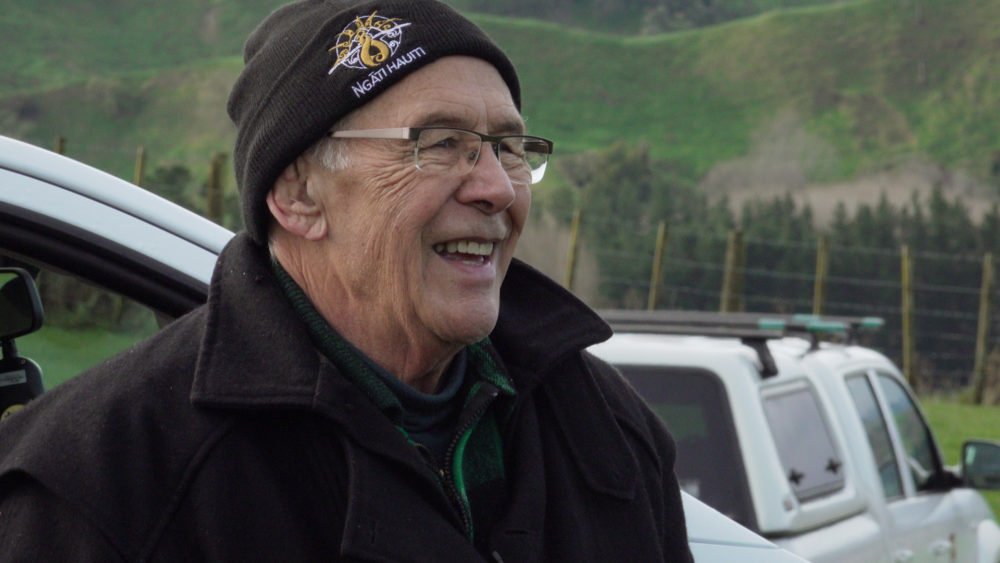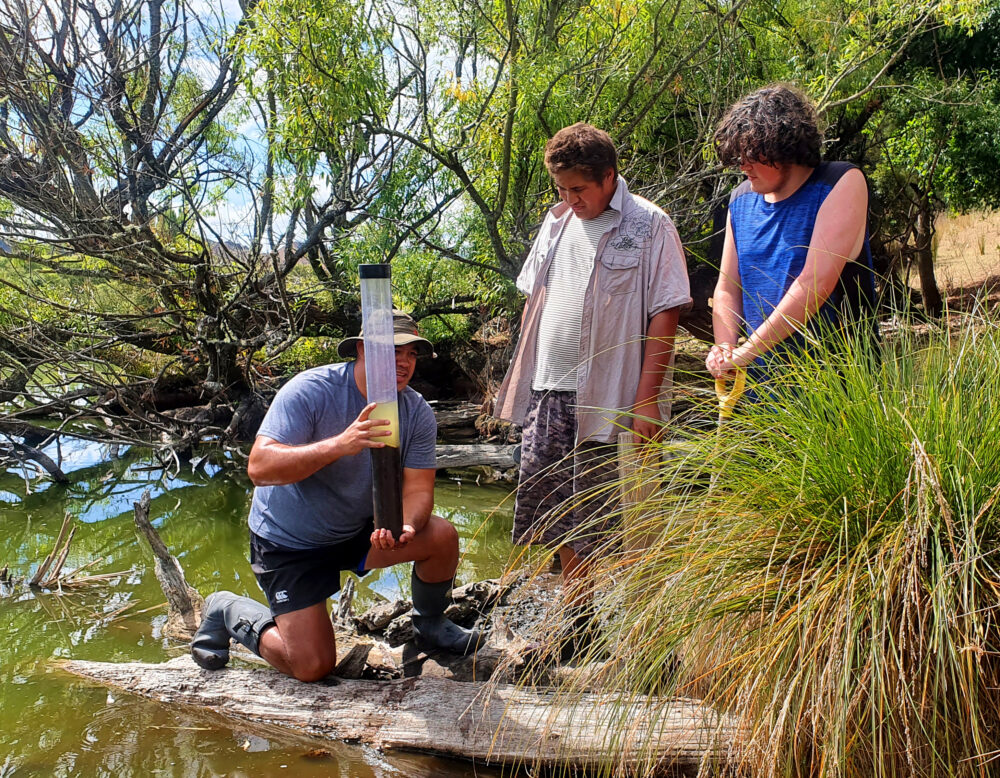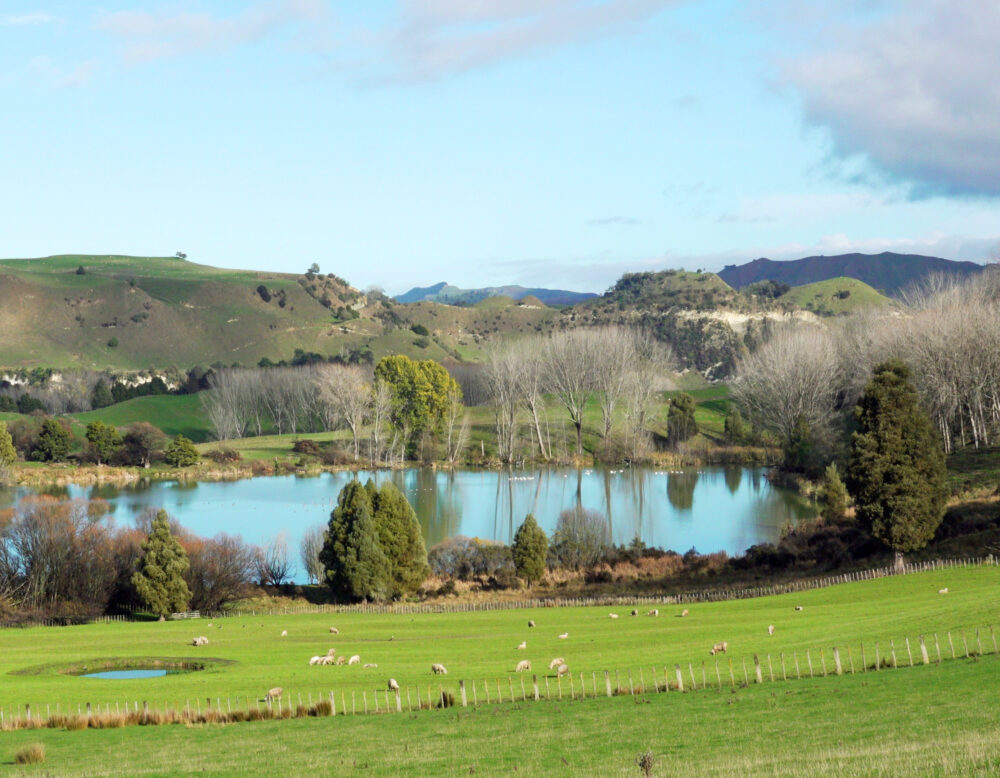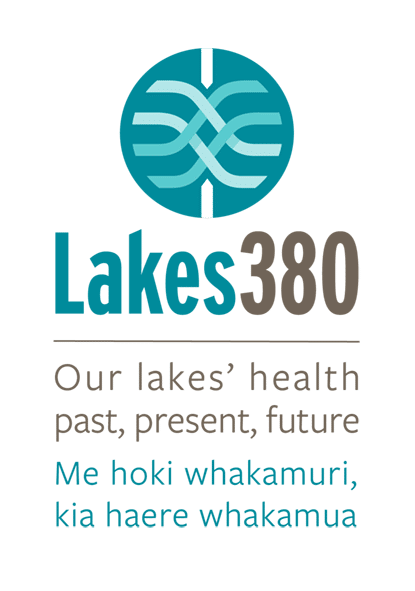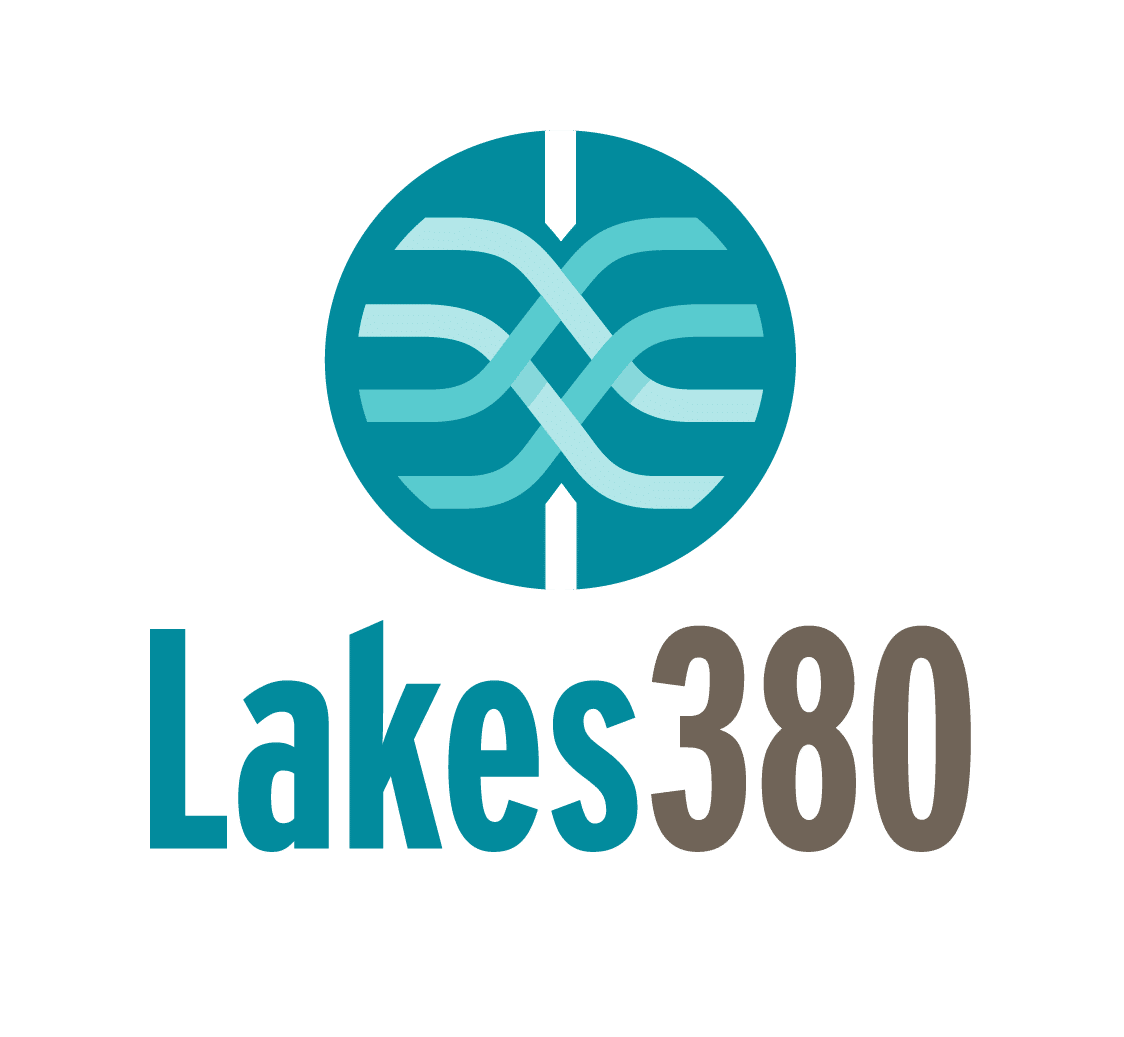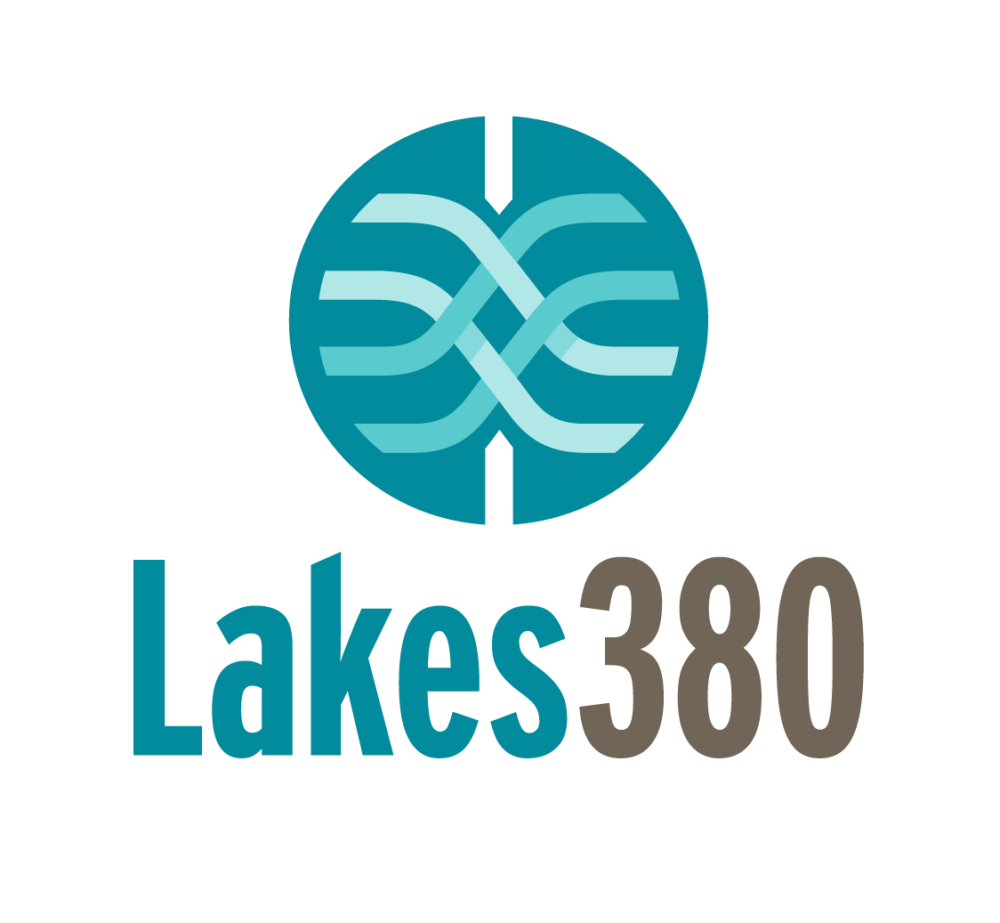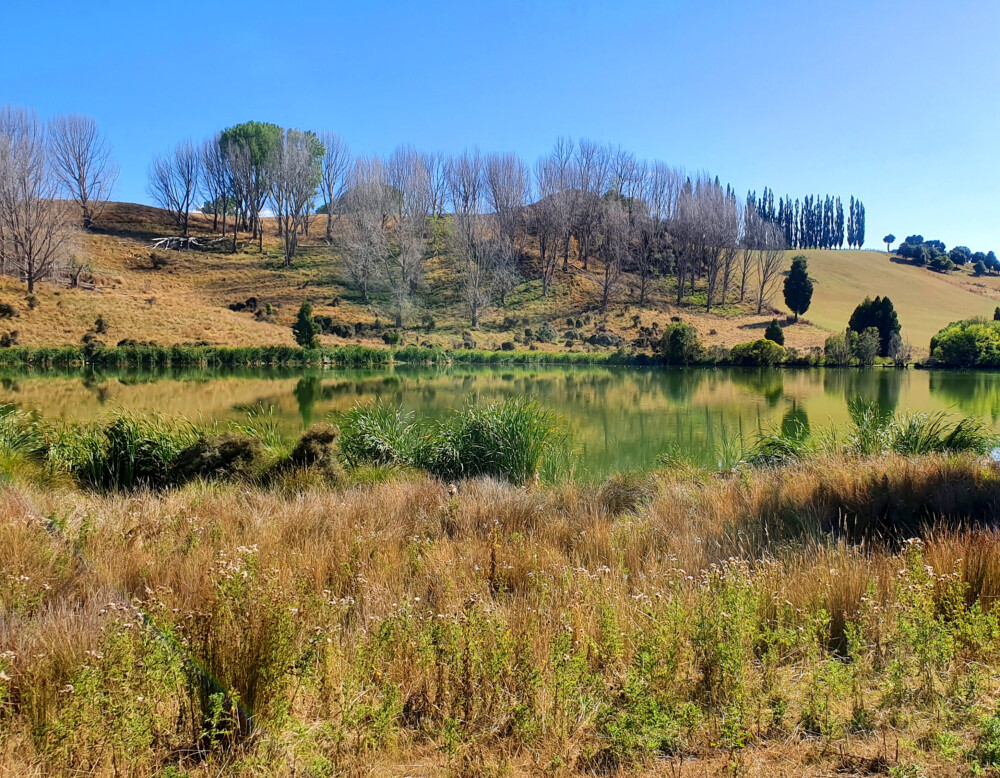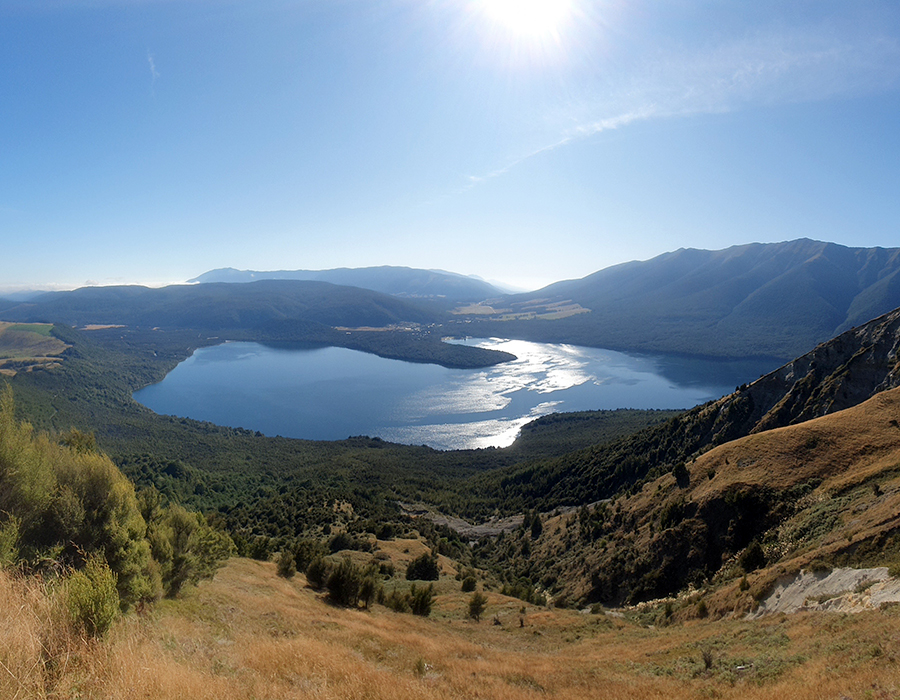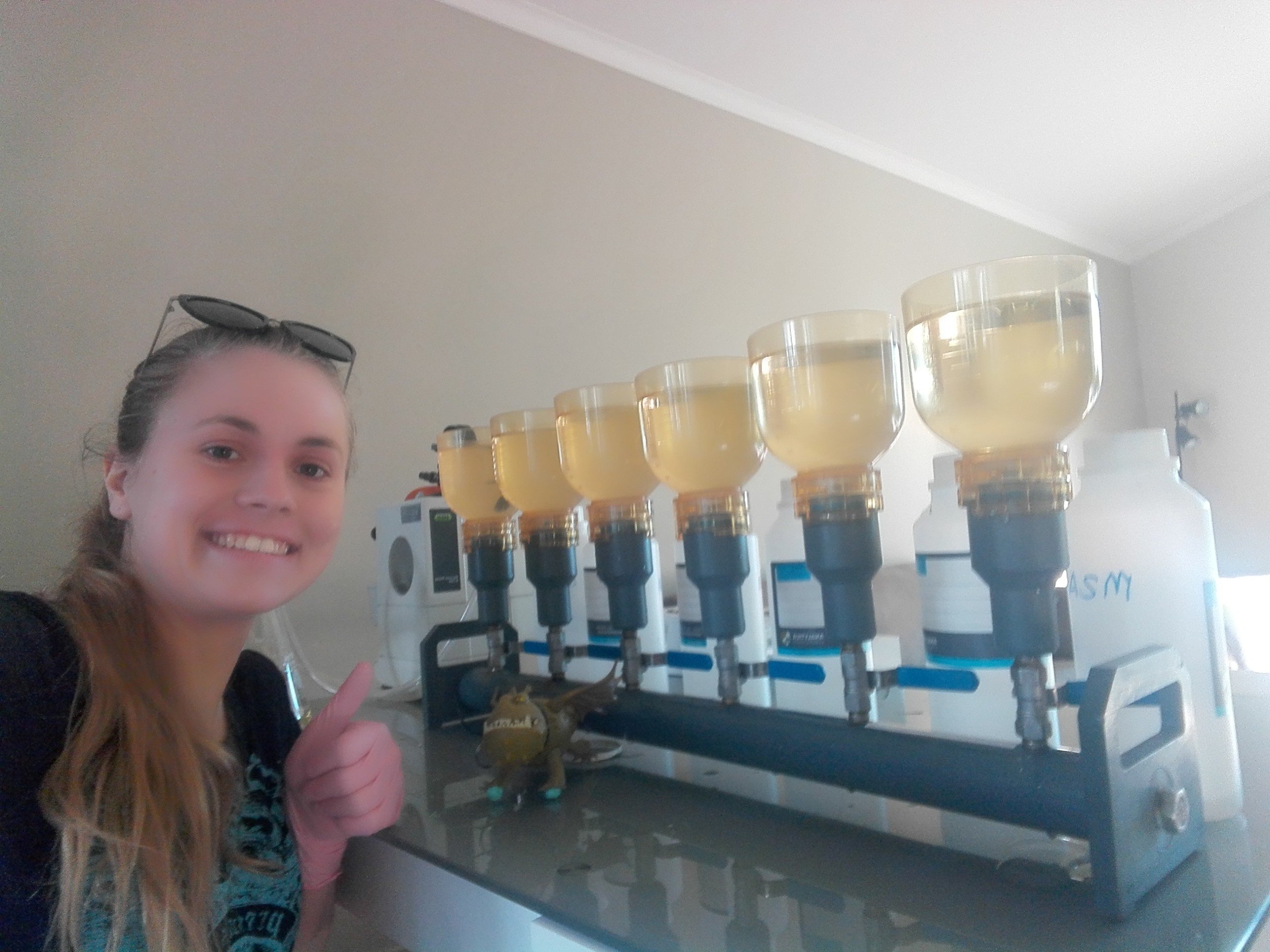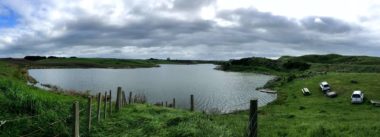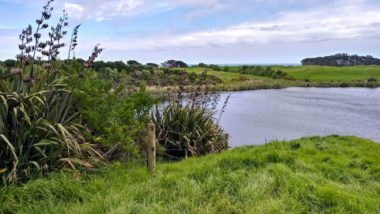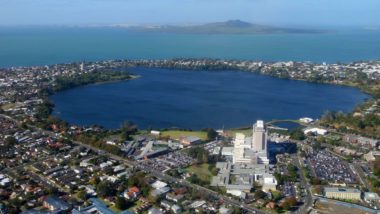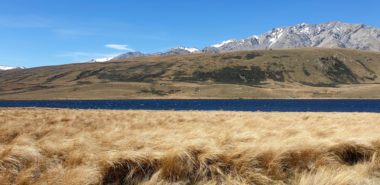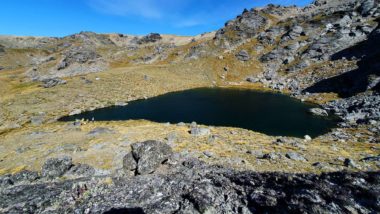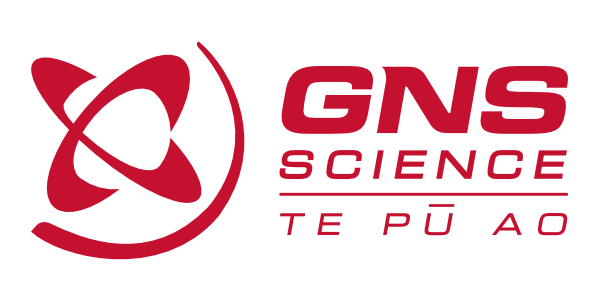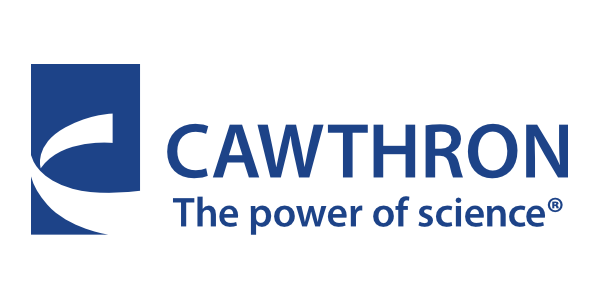The Whakahokia te mauri o Oporoa documentary tells the story of Lake Oporoa. It celebrates the commitment of Rangitīkei iwi to enhancing the life force and ecological health of Lake Oporoa. Ngāti Hauiti kaumātua Neville Lomax draws upon oral history in recounting the journey taken by Matangi—an early Māori explorer who traversed and named places in the Rangitīkei. Following the flightpath of a huge flock of tūī, Matangi came upon Lake Oporoa—located close to the Rangitīkei River. Two of his children remain in the lake as kaitiaki (spiritual guardians), taking the form of raupō floating in search of the taonga (treasure) located within.
Partnering with Ngā Puna Rau o Rangitīkei, Lakes380 scientists have analysed lakebed sediment cores taken from Oporoa, producing a reconstruction of the lake’s environmental history through to its present degraded state. For manawhenua, imagining the future of Oporoa resembling the ‘abundance of life’ in which Matangi encountered it is only possible through renewing cultural and social connections and with full knowledge of the lake’s ecological health.
The Whakahokia te mauri o Oporoa documentary was produced by social scientist Charlotte Šunde (Cawthron) and videographer Bruce Foster (Airplane Studios) with guidance and input from Reece Martin (Ngāti Whitikaupeka).
Read more about our work with Ngā Puna Rau o Rangitīkei.
